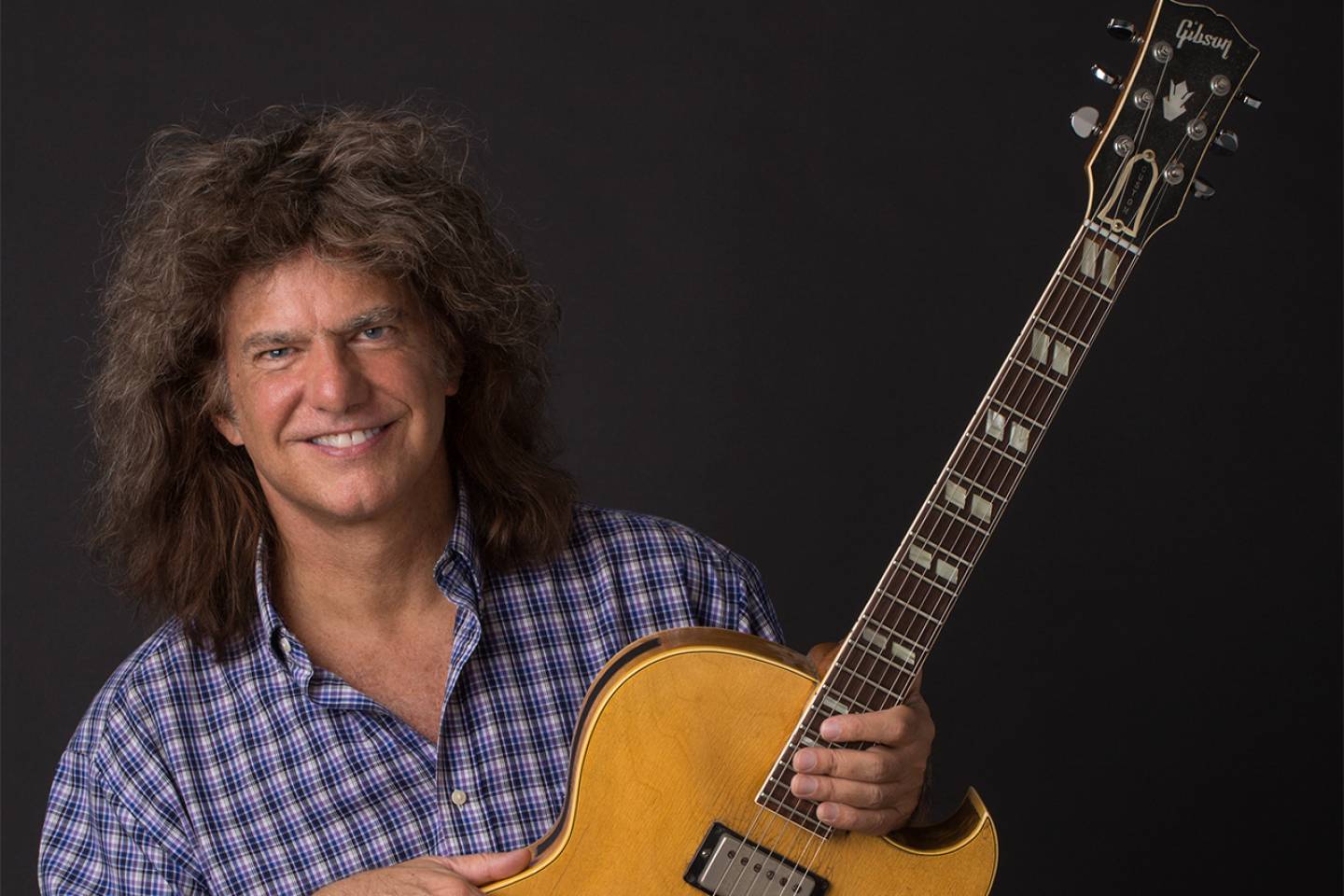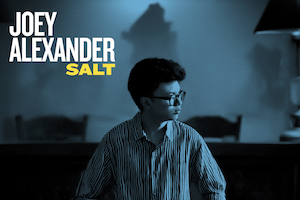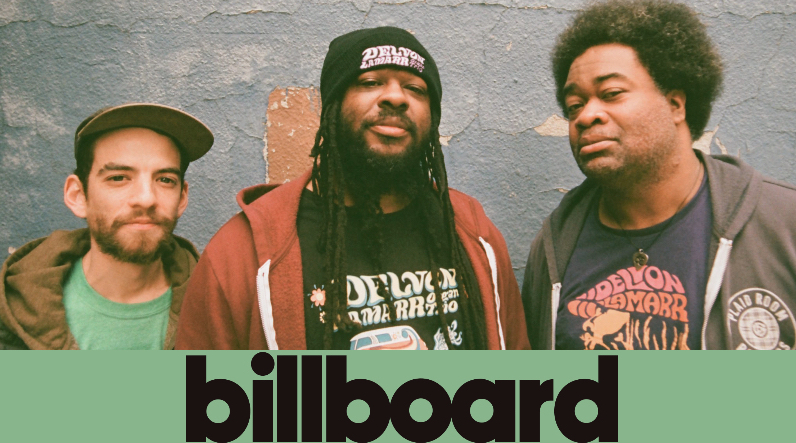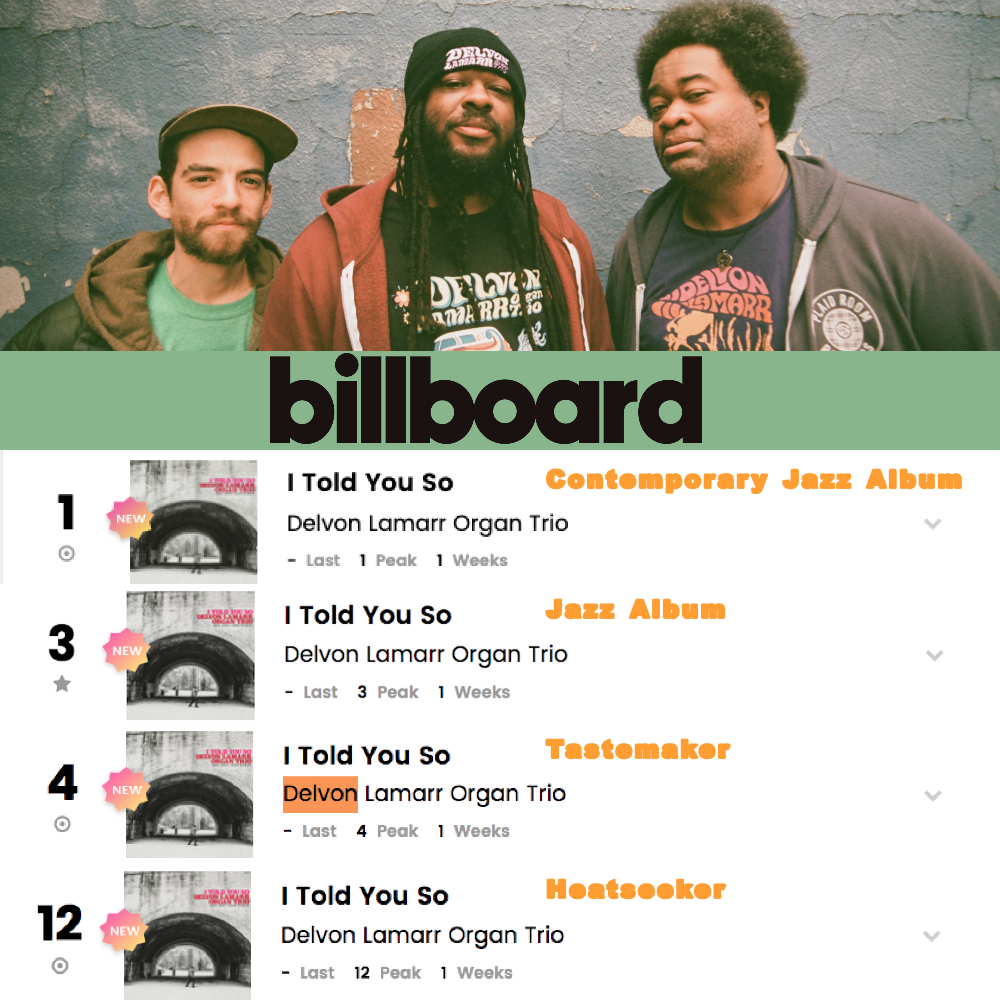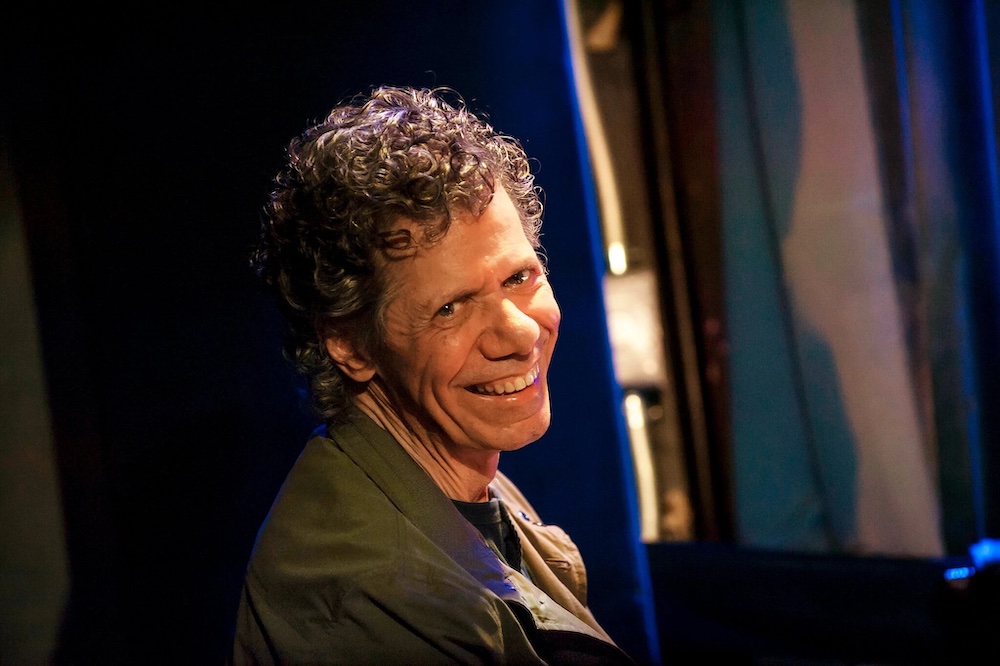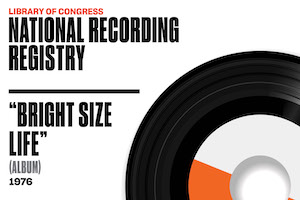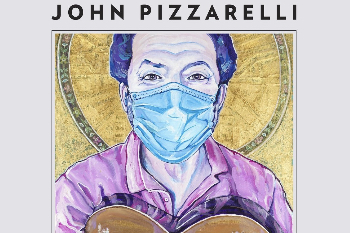
GHOSTLIGHT DELUXE, an imprint of Ghostlight Records, has announced that the new album from famed guitarist and recent Grammy Award winner John Pizzarelli, Better Days Ahead, will be available Friday, April 16 in digital and streaming platforms, and on CD via Amazon.com. In this landmark recording, one lauded guitar hero honors another, as Pizzarelli – in the first solo guitar album of his 5 decade career – explores the compositions of 20-time Grammy Award-winning composer and guitarist Pat Metheny. John will celebrate the album with a special edition of his weekly online concert program “It’s Five O’Clock Somewhere” on release day Friday, April 16. Starting today, customers who pre-order the digital album will immediately receive a download of the first single,“James.”To pre-order the album, please visit ghostlightrecords.lnk.to/pizzarelli-betterdaysahead
Better Days Ahead features both signature songs and deep cuts from Metheny’s prolific career, including material dating back from The Pat Metheny Group’s influential eponymous album from 1978, through the title track of 2020’s Grammy-nominated From This Place. Though it contains some gloriously meditative music, the album was created in a perfect storm. “Two weeks after canceling all my live performances on April 1, 2020” remembers John, “my father, Bucky passed away from the Coronavirus. Five days after that I turned sixty, and two days later my mother Ruth was taken by the same virus. After sixty years of marriage, and within one week of each other, both my parents were gone.”
As a way to deal with the pain, Pizzarelli developed these musical interpretations in early-morning sessions, alone with his guitar. “I had watched my father do this my whole life,” he remembers. “Before we ventured out to a day filled with recording sessions, ‘The Tonight Show,’ or late-night jazz gigs, he would practice classical pieces. So that’s what I felt compelled to do during this rough period. I started out playing standards, but then felt drawn to the idea of deconstructing Pat Metheny’s group arrangements from my seven-string guitar. I had loved the recordings of the Pat Metheny Group since I was a teenager, and I welcomed the challenge of diving deep into his canon of remarkably dense and moving material. Every day, it was a miraculous diversion from my own personal grief and the tragedy of the pandemic I saw unfolding on the nightly news.”
Coincidentally, Metheny reached out to Pizzarelli to send condolences on his recent loss. “When I told him I had been working on his songs, Pat graciously sent me a treasure trove of his lead sheets. Now, I could hold this music in my hands and dive into every note. It’s like the holy grail to get that from a composer!”
Metheny himself offered kind words of encouragement: “I have admired John for years as a fantastic musician with an amazing ability to communicate. His love and understanding of classic song forms runs deep, almost as a birthright, thanks to having grown up on the knee of one of the greatest guitarists ever, his dad Bucky. His vast reserve of knowledge into the nuts and bolts of why those Great American Songbook tunes have the musical impact they do continually give his performances an insightful edge that connects him with a deep tradition. His life in music brings authority and insight that is increasingly rare as time moves on. To say it was flattering to have John address these tunes, knowing all the great music he has been around his whole life, is an understatement. It is an incredible honor for me.”
Pizzarelli highlights songs like “Last Train Home” – which has served as the closing theme for his popular syndicated program “Radio Deluxe” for almost 15 years. He explains, “I found that I could create the actual effect of the train with my thumb. I discovered places where I could improvise solos inside the set pieces, like on the songs ‘James,’ ‘Phase Dance,’ and ‘Better Days Ahead.’ On numbers like ‘April Wind’ and ‘September Fifteenth,’ I discovered ways to represent the sustained keyboard lines played by Lyle Mays on the original recordings.”
“Pat influenced me both as a guitarist and a songwriter,” says John. “He is always ahead of everybody else, he is always the smartest guy in the room. He has such a unique approach to the instrument. Every time you hear Pat play, you immediately recognize the beauty of his singular tone. My playing is entrenched in the style of the great swing guitarists that I grew up with, like George Van Eps, Oscar Moore, and of course my father Bucky. Metheny has roots there too, but he builds upon and stretches that tradition. He uses he guitar as a platform for whatever advanced music chemistry he can dream up. I have always been fascinated by his pioneering use of electronics and synthesizers. But the technical achievements would be worth very little if the music hadn’t been any good. The songs were always at a very high melodic level.”
John reflects on his journey to creating the album: “Pat’s songs are always complete musical ideas. So my main challenge was to take the core of that idea, and bring it back to square one on just guitar. I marveled that Pat could make a few players sound like 18 players. And it grew over time from the simple quartet to an amazing orchestral swell, to a huge sonic blow-out. I wanted to take those magically intricate arrangements and boil them down to their essence… on just one instrument.”
Admiration for Metheny’s work was something that John and his late father shared. “Pat’s music was definitely something that bonded us,” John recalls. “One of my favorite nights was seeing Pat with my father in October 1988 at The Beacon Theater on the Upper West Side. The concert was 90 minutes of brilliance! ‘That guy is good,’ Bucky said in his usual pithy way. We were both really moved by the music. It connected us.”
So even if this new album of Pat Metheny’s glorious melodies was inspired by sorrow, this tragedy allowed Pizzarelli the space and time to create make this heartfelt collection. “I have learned that beautiful things can come out of horrible times,” he concludes, “and I know that there are Better Days Ahead.”
JOHN PIZZARELLI, the world-renowned guitarist and singer, won his first Grammy Award this year for co-producing James Taylor’s Billboard chart-topping 2020 album American Standard.
His wildly successful Midnight McCartney – which The New Yorker said “may be the best collection of McCartney covers ever recorded” – had its origins in McCartney’s Grammy Award-winning 2012 album, Kisses on the Bottom. Pizzarelli played guitar on 10 of the album’s 14 tracks and backed Sir Paul at an iTunes concert at Capitol Records Studios and the Grammy Awards. Fifteen months after those gigs, McCartney wrote to Pizzarelli to consider recording some of his lesser-known songs in a jazz style. Midnight McCartney hit a new chart high for John, reaching #4 on the Billboard “Jazz Albums” chart.
In addition to being a bandleader and solo performer, John has been a special guest on recordings for major pop names such as Natalie Cole, Rickie Lee Jones, and Dave Van Ronk, as well as leading jazz artists such as Rosemary Clooney, Ray Brown, Johnny Frigo, Ruby Braff, Buddy DeFranco, Harry Allen and, of course, his father Bucky Pizzarelli.
John has performed on national television shows including “The Tonight Show Starring Jimmy Fallon,” “Conan,” “Great Performances” on PBS, as well as the talk shows of Jay Leno, David Letterman, and Regis Philbin. In 1997, Pizzarelli made his Broadway debut in the musical Dream, a revue of Johnny Mercer songs. He led a 40-member live orchestra at Radio City Music Hall in Sinatra: His Voice, His World, His Way. Pizzarelli performs annual fall engagements at the Café Carlyle with Jessica Molaskey; Time Magazine calls the duo the “Astaire-Rodgers of the cabaret world.”
A radio personality who got his start in the medium in 1984, Pizzarelli is co-host, alongside Jessica Molaskey, of the nationally syndicated “Radio Deluxe with John Pizzarelli.”
John Pizzarelli on TKA
